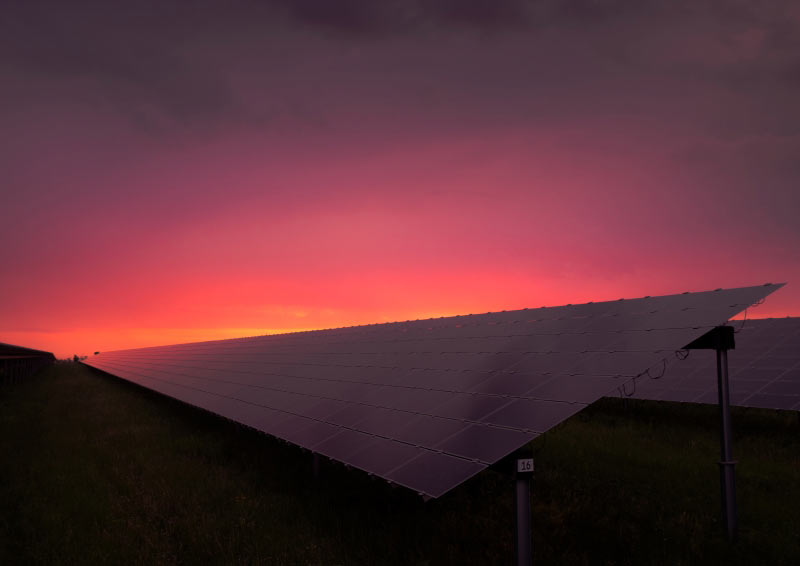Significant Code Review
In March 2017, the energy regulator Ofgem announced a consultation around holding a review of the way electricity system users such as generators and storage operators are charged for using the grid. This can be seen as Ofgem taking another step forward in leveling the playing field for electricity storage operators.
The Significant Code Review is proposed because the rapid pace of change and innovation – for example, rapid increase in small-scale renewable generation, increasing numbers of electric vehicles, and greater deployment of electricity storage – was not anticipated when the current charging approach was set up.
There are many different charges and fees depending on which part of the electricity system is being used when and by whom. In general, network users are charged for initial connection and then for their continuing use. This is to cover the costs incurred by network operators in maintain their systems, such as replacing cables.
One particular element that Ofgem intends to look at is how these charges affect operators of electricity storage. As ICE pointed out in their Realising the Potential report; because grid-connected storage both imports and exports electricity, they get charged twice whereas a generator which only exports electricity gets charged once.
At first this might seem fair – storage is using the system twice so should be charged twice.
However, one of the charges leveled is to cover the cost of balancing the transmission grid, that is, making sure the supply of electricity matches the demand. As providing this balance is one of the main functions of electricity storage – it can either take or generate electricity as the system requires – it is actually unfair and is holding back greater use of storage.
Why does this matter?
One reason is that an increasing amount of renewables on the system means more intermittency – fluctuations in the amount of power being generated as wind and sunshine varies minute-to-minute.
At present, gas power stations are generally relied on for back-up when there is too little power from renewables and curtailing wind generation when there is too much. This is very inefficient.
A better way, according to ICE, would be to store the excess power generated for times when there isn’t enough. The more storage, the more renewables the system can accommodate and the more efficiently they can run, keeping costs down for consumers. Ofgem’s proposals will hopefully result in removing a barrier to more storage.
This article was originally published here on 28 Mar 2017 by ICE. It was written by Gavin Miller, ICE Policy Manager.
--The Institution of Civil Engineers
[edit] Related articles on Designing Buildings Wiki
Featured articles and news
A case study and a warning to would-be developers
Creating four dwellings... after half a century of doing this job, why, oh why, is it so difficult?
Reform of the fire engineering profession
Fire Engineers Advisory Panel: Authoritative Statement, reactions and next steps.
Restoration and renewal of the Palace of Westminster
A complex project of cultural significance from full decant to EMI, opportunities and a potential a way forward.
Apprenticeships and the responsibility we share
Perspectives from the CIOB President as National Apprentice Week comes to a close.
The first line of defence against rain, wind and snow.
Building Safety recap January, 2026
What we missed at the end of last year, and at the start of this...
National Apprenticeship Week 2026, 9-15 Feb
Shining a light on the positive impacts for businesses, their apprentices and the wider economy alike.
Applications and benefits of acoustic flooring
From commercial to retail.
From solid to sprung and ribbed to raised.
Strengthening industry collaboration in Hong Kong
Hong Kong Institute of Construction and The Chartered Institute of Building sign Memorandum of Understanding.
A detailed description from the experts at Cornish Lime.
IHBC planning for growth with corporate plan development
Grow with the Institute by volunteering and CP25 consultation.
Connecting ambition and action for designers and specifiers.
Electrical skills gap deepens as apprenticeship starts fall despite surging demand says ECA.
Built environment bodies deepen joint action on EDI
B.E.Inclusive initiative agree next phase of joint equity, diversity and inclusion (EDI) action plan.
Recognising culture as key to sustainable economic growth
Creative UK Provocation paper: Culture as Growth Infrastructure.























